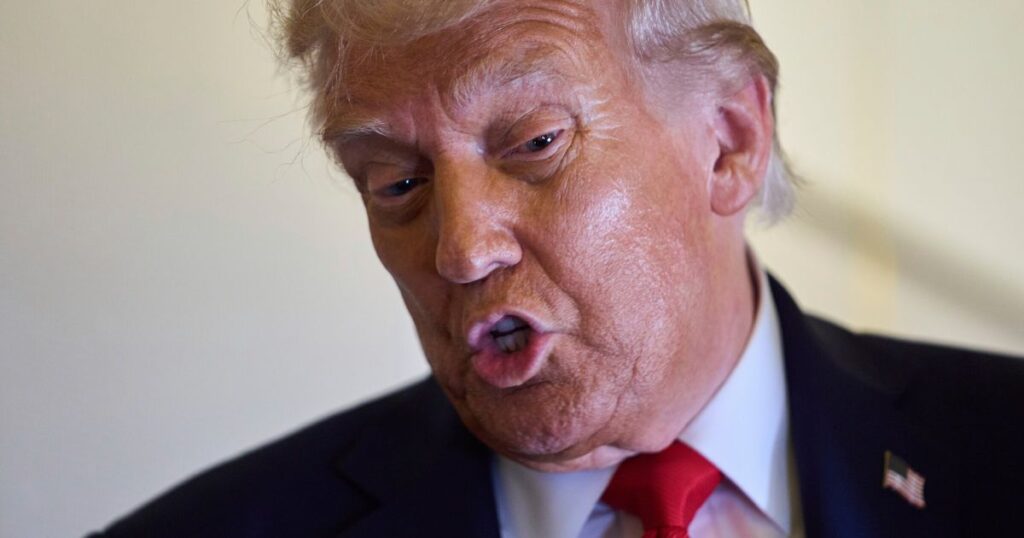President Donald Trump is expected to sign a proclamation as soon as Friday that would move to extensively overhaul the H-1B visa program, requiring a $100,000 fee for applications in a bid to curb overuse, according to a White House official familiar with the matter.
Trump is set to sign a proclamation Friday, requiring the payment and asserting that abuse of the H-1B pathway has displaced US workers. The proclamation restricts entry under the H-1B program unless accompanied by the payment, added the official, who was granted anonymity to discuss the policy before it was announced.
Trump also plans to order the Labor Secretary to undertake a rulemaking process to revise prevailing-wage levels for the H-1B program — a move intended to limit the use of visas to undercut wages that would otherwise be paid to American workers.
The move is the latest immigration reform by the Trump administration and will heavily affect the technology industry in particular, as it relies heavily on H-1Bs. The administration argues that the revisions will bring more certainty to legitimate filings under the program by weeding out abuses.
Big Take: H-1B Middlemen Bring Cheap Labor to Citi, Capital One
In a fact sheet set seen by Bloomberg News, the White House said American workers are being replaced with lower-paid foreign labor and called it a national security threat. The dynamic is suppressing wages and disincentivizing Americans from choosing careers in STEM fields, the White House said.
It wasn’t immediately clear whether the $100,000 figure was in addition to, or inclusive of, existing fees that are much more modest.
Fees directly tied to the H-1B visa application currently include a $215 fee to register for the lottery and a $780 fee for a Form I-129, which is a petition for a non-immigrant worker that is filed by an employer sponsor.
H-1B visas are awarded based on a lottery system, but Bloomberg News has reported previously that flaws in the system create loopholes that some employers exploit by flooding the lottery with entries.
Unlike large tech firms these companies often use the visa program to hire lower-paid workers — and do so indirectly, through staffing and outsourcing companies that capture about half of the 85,000 new visas allocated each year.
The administration’s policy shift unfolds alongside a wave of fee increases for work permits, asylum applications and humanitarian protections stipulated in the president’s tax bill, in a bid to raise revenue to pay for funding for new detention centers, hiring thousands of immigration agents, and expanding border wall construction.
More stories like this are available on bloomberg.com
©2025 Bloomberg L.P.

